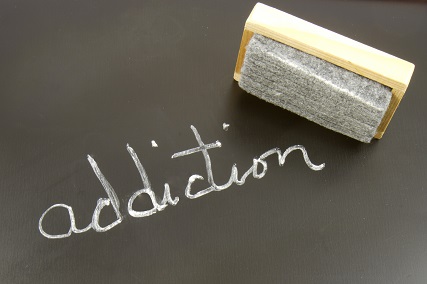
Did you know benzodiazepines like Klonopin accounted for 30% of all prescription-related overdose deaths in 2013? Klonopin addiction rips through families and leaves carnage, pain, and suffering in its wake. But there is hope. We’re here to answer your questions and lead you down the path of sobriety. Ask for a complimentary assessment. We offer drug rehab financing and accept insurance.
What is Klonopin?
Developed in 1964 and first marketed in 1975 in the U.S., Klonopin is the brand name for the benzodiazepine Clonazepam. Benzodiazepines (benzos) are a class of drugs that affect chemicals in the brain to help return imbalances return to normal. Benzos impact the neurotransmitter GABA to bring back a balanced state in the body. Benzos are psychoactive drugs that function as both an anxiolytic and anti-epileptic medication. Anxiolytics alleviate anxiety and anti-epileptic address seizures. Benzos are classified as depressants for the Central Nervous System. These drugs impact a person's cognitive abilities, perception, and mood. It's a Schedule IV controlled substance, which means it can only be legally acquired through a prescription. Klonopin is quickly becoming one of the most abused prescription medications on the market.
Klonopin brings about the following effects:
- Feelings of relaxation
- Moderate euphoria
- Overall sense of wellbeing
- Slower reflexes
- Decreased anxiety
Is Klonopin Addictive?
Because of its tendency to result in tolerance, Klonopin is an addictive substance. Tolerance means that a person must take higher and higher doses to get the same effects. This happens because the body has become used to the foreign substance and adjusts to its presence. Tolerance is often a slow, steady process over a stretch of time using the drug.
Physical dependence to Klonopin begins when tolerance to the substance reaches its height, and the body no longer knows how to function normally without the substance. Psychological dependence to Klonopin may occur sooner when a person becomes reliant on the euphoric properties of the drug.
How Long Does It Take to Get Addicted to Klonopin?
The amount of time it takes to become addicted to Klonopin varies from person to person. Age, sex, and genetic predisposition can potentially affect the timeline for becoming addicted.
- Age: When you're younger, your brain is still developing, and this makes it easier to become hooked on a drug. You don't have as many skills to navigate the drug world, and you presumably have fewer tools to address possible drug tolerance, dependence, and addiction. There is evidence to suggest that the elderly are at especially high risk for the adverse effects of long-term Klonopin use.
- Sex: Studies suggest that drug addiction is more common in males than females. This may be due to the tendency for males to experiment with drugs at an earlier age and their tendency to abuse more frequently in larger amounts.
- Genetic Predisposition: The National Institute on Drug Abuse reports that 40% to 60% of an individual's susceptibility to addiction is a result of genes. While there are many environmental factors that can set the stage for dependency and addiction, genetic makeup plays a significant role.
What Are the Klonopin Abuse Effects?
When a person becomes addicted to Klonopin, he or she may develop some telling signs and symptoms of abuse. A person may first appear "spaced-out" and have trouble with memory and thought processes. Another red flag is when an individual is repeatedly caught in lies regarding pill use or money spent.
Some signs of Klonopin addiction include:
- Defensiveness when asked about use
- Memory lapse
- Drowsiness through the day
- Slurred speech
- Impaired reaction times
- Taking Klonopin recreationally
- Going to several different doctors to obtain a prescription
- Irritability
Withdrawal Symptoms of Klonopin
- Nausea
- Vomiting
- Chills
- Hallucinations
- Seizures
Pathways is a Klonopin Addiction Treatment Center in Utah
If you're looking for a Klonopin addiction treatment center in Utah, check us out at Pathways Real Life Recovery. We treat not only Klonopin addiction, but also depression, pornography addiction, spousal relations, and much more. We work the entire family to support lasting recovery, and offer free assessments and financing options.

